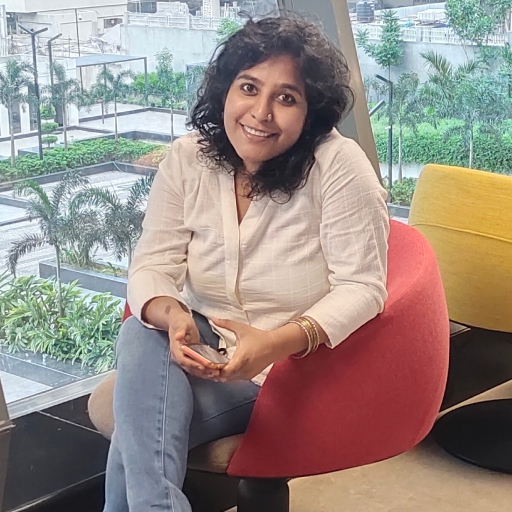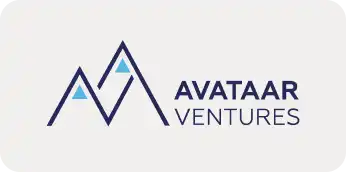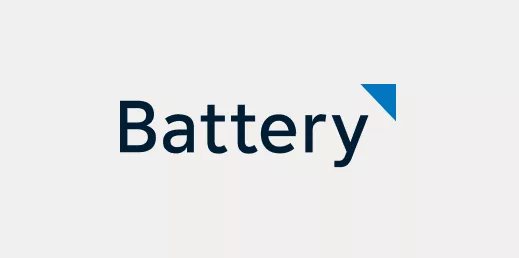Hey everyone, welcome back to MRR.
Next month we’re off to the Bay Area for the SaaSBoomi Caravan (Sep 8-15), packed with super-tactical workshops plus our VC Connect, M&A Connect, and Industry Connect programs.
What better way to warm up than to browse the latest content on winning in the competitive US market? Plus, we continue to track new moves in AI and a lot more exciting stuff in our monthly newsletter.
US GTM Knowhow

First things first, when should you think of going global? The ‘when’ depends on context, but Rohit Choudhary, founder & CEO of Acceldata.io, takes a stab at putting across how to think about it. A pro tip: prepare in advance by working with design partners to ensure a seamless experience for US customers.
Srikrishnan Ganesan, co-founder & CEO of Rocketlane, goes a step further to spell out the kinds of market discovery conversations founders should have to refine their US GTM.
But for some startups this year, with follow-on funding getting scarcer, the wisest course may be to get acquired. To help them go about it systematically is a primer for SaaS M&A in 2023, by Vinod Muthukrishnan, who sold his startup Cloudcherry to Cisco, and Sumanth Raghavendra, co-founder of Presentations.AI and The Ken.
AI Models
Startups continue to innovate to ease the stranglehold of Big Tech on large language models (LLMs) like GPT. Founded by David Ha, former head of research at Stability AI, and ex-Googler Llion Jones, Sakana aims to deploy a fleet of small AI models to work together. Like a school of sakana (the Japanese word for fish).
Meanwhile, Tencent announced it will release an AI foundational model this year that will be among the best in China and go beyond the functionality of OpenAI’s ChatGPT. “We look at the opportunity and technology much more broadly than just a chatbot and Q&A type of experience,” said company president Martin Lau. The model, called Hunyuan, is being tested on cloud computing, fintech, and gaming services. On the cloud side, Tencent is building a marketplace for GenAI-powered services.
The Economist argues, however, that the West has an advantage because 56% of websites are in English, and mostly unstructured data from the web trains AI foundation models. At the same time, there’s a scramble for new data sources and companies with access to troves of specialized data stand to gain from GenAI. Who will win the GenAI arms race?
And what does GenAI mean for Indian startups? The first step would be for founders to experiment with it to improve internal efficiencies, writes Nivedha Venkatesh, who is building the AI community at SaaSBoomi. Drawing from the SaaSBoomi India Landscape Report, and a panel discussion during the report’s launch last month, she goes into areas of opportunity founders can look at.
Silver Linings
When will the macro gloom and doom ease up? That’s top of mind for everyone. So we searched for silver linings.
A CBInsights Q2 analysis shows tech valuations continued to decline in mid-to-late stages. But early stage startups raising seed rounds had 5% growth in median valuation QoQ.
 |
In SaaS specifically, Jamin Ball’s latIn SaaS specifically, Jamin Ball’s latest Clouded Judgement says net new ARR growth ticked up a bit in Q2. And the decline in revenue growth rate was far less than in previous quarters.
Taking a longer time view, the latest SaaS Landscape Report by SaaSBoomi, with knowledge partner McKinsey, records that revenues crossed $7billion, as forecast earlier. And while SaaS funding declined 20% globally in 2022, capital invested in Indian SaaS companies grew 24%.
We may be clutching at straws here, but as Freshworks founder Girish Mathrubootham recounted at the SaaSBoomi Annual in March, he never bothered with macro stuff in his early days. “We were so small; how did it matter?”
Tough times may actually be good times for focusing on fundamentals. That’s a leaf out of another SaaS pioneer’s book. Netcore founder Rajesh Jain’s new book Startup to Proficorn recounts his bootstrapped ride to a hard-won $100MM ARR, with nuggets of SaaSy wisdom along the way.
For more here-and-now wisdom, go to SaaSBoomi’s new Marketing Nation podcast hosted by SuperOps.ai co-founder and CEO Arvind Parthiban. His guest Maansi Singh, head of marketing and business development at iMocha, talks about the startup’s shift from an SMB model to an enterprise model of product marketing. Pro tip: “Never change your SEO team during the shift.”
And if you’re searching for your next great startup idea, read Lenny’s newsletter where he shares how the most successful B2B startups came up with their ideas. Remember that many iconic tech companies, like Airbnb, were born in hard times.
What’s News
The Together Fund, a SaaSBoomi ecosystem partner, announced its second fund of $150 million. It aims to capitalize on the coming wave of AI-first SaaS startups.
And in a tough funding environment, Capillary raised a $45 million series D round to support its expansion in the US. Capillary will not give up, writes SaaSBoomi CEO Avinash Raghava, paying tribute to the Indian SaaS stalwart’s 15-year journey of crossing one hurdle after another to deliver value.
With love,
Malavika Velayanikal
Thanks for reading the newsletter! If you liked it, please share it with other founders to subscribe for free and get new posts on all things SaaS on the 21st of every month. I’d also appreciate it if can write to me with feedback. I would love to hear from you! ❤️
Hat tips to SaaSBoomi volunteers Anand Hrushikesh, Sumit Chakraberty, and Varun Thirumalai for some smart edits and sharing a few must-reads!
A big thank you to our ecosystem partners: Accel, Peak XV, Lightspeed, Together, Westbridge, Avataar Ventures, B Capital, DCA, March Capital, Eight Roads, Boldcap, Blume, Ideaspring, and Matrix for keeping our lights burning.

























